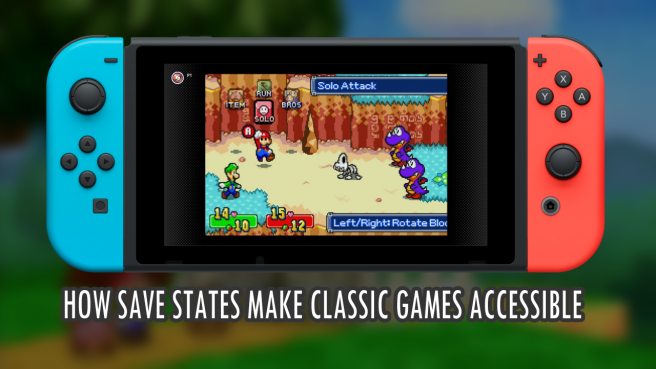How save states make Nintendo Switch Online games accessible
Speaking as broadly as possible, it’s probably safe to say that video games are slightly easier now than they were 30 years ago. Of course, that’s not the case for every video game – plenty of modern ones ramp up the difficulty on purpose. But when it comes to some of Nintendo’s greats – specifically in the Zelda and Metroid franchises – the older entries are absolutely more punishing, in most cases. Many of these older entries are currently available on Nintendo Switch Online (or its Expansion Pack), which allow save states and in some cases, rewinding time to correct mistakes you make in the game.
Today, we’re talking about which Nintendo Switch Online games benefit most from save states and rewinding for classic Nintendo platforms. Do you like using save states and rewind for a more casual play experience, or do you prefer playing these classic games as they were intended?
NES games
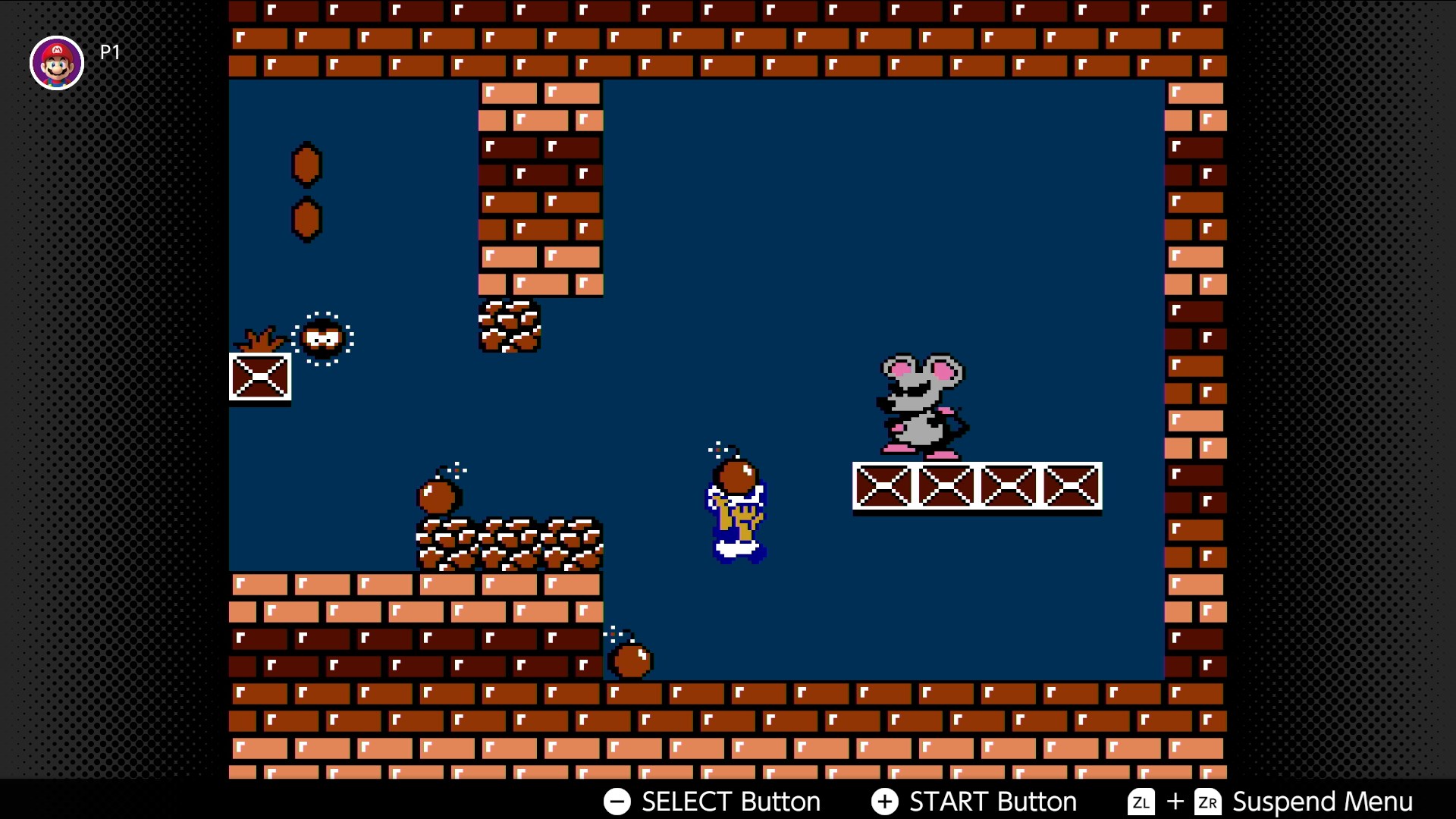
In a sense, you could argue that NES games benefit most from save states and rewinding. Generally speaking, most of Nintendo’s NES games are more difficult than the ones you see on SNES and N64. Many NES games were purposefully ramped up in difficulty to discourage people from using rental stores to play them. They’d be too hard to complete in just a few days, so the idea is the player would be convinced to actually purchase the game and play it over an extended period of time. And if you play some of the titles on Nintendo Switch Online’s NES selection, you’ll definitely see this philosophy in full swing. For instance, the original Legend of Zelda isn’t easy to beat without using a guide – and they were in much shorter supply back when the game released. Not to mention, towards the end of the game enemies become both stronger and higher in number. A few NES games in particular increase the difficulty near the end specifically by putting tons of enemies on screen. That’s part of where rewind comes in; with it, it’s easier to overcome these difficulty hurdles. Another good use for rewind here is RPG games. EarthBound Beginnings, while a classic, is particularly rough in some areas – rewind helps alleviate these problems. Talking to certain NPCs will get Ninten sick, and there’s no way to tell which NPCs will do that until you talk to them.
That said, when you rely heavily on save states and rewinding, you do break up the flow of the game to a certain extent. If you mess up a tricky jump and rewind multiple times, for instance, minor unintended things happen like that part of the music repeating itself over and over.
SNES games
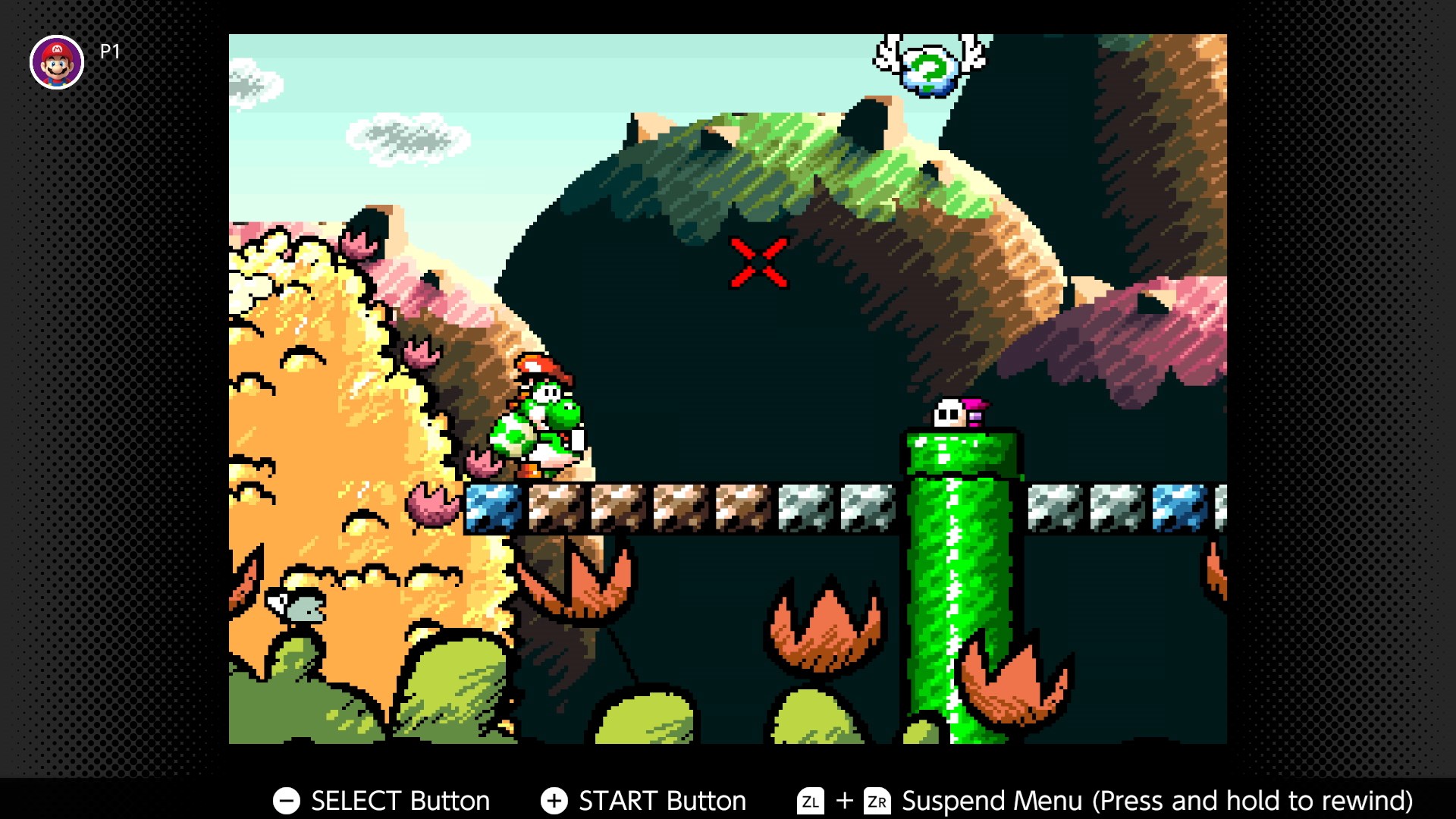
There are plenty of Super Nintendo Entertainment System games that benefit from save states and rewinding, too. You’ve got your typical side-scrolling platformers with tricky jumps; the Donkey Kong Country series in particular is known for being at least a little bit difficult, so the ability to redo a specific maneuver makes the trilogy much more accessible to those who aren’t quite as savvy with the finesse those games generally require. The same goes for Super Mario World, Super Mario World 2, Kirby Super Star, and the like, but to a lesser extent since those games are much easier on average.
EarthBound is another good use of save states, as one of the RPG games available on the platform. The ability to essentially retry a boss with no penalty makes a lot of the game’s later challenges much more realistic – specifically the last area, which has very tough enemies, a lot of them, and no healing unless you go back to the very beginning of the path. Though game design like this tends to become less frequent as we move into Nintendo 64 and Game Boy Advance games, it does kind of still reflect that “anti-rental” mindset that caused a good chunk of the difficulty issues in older games.
Nintendo 64 games
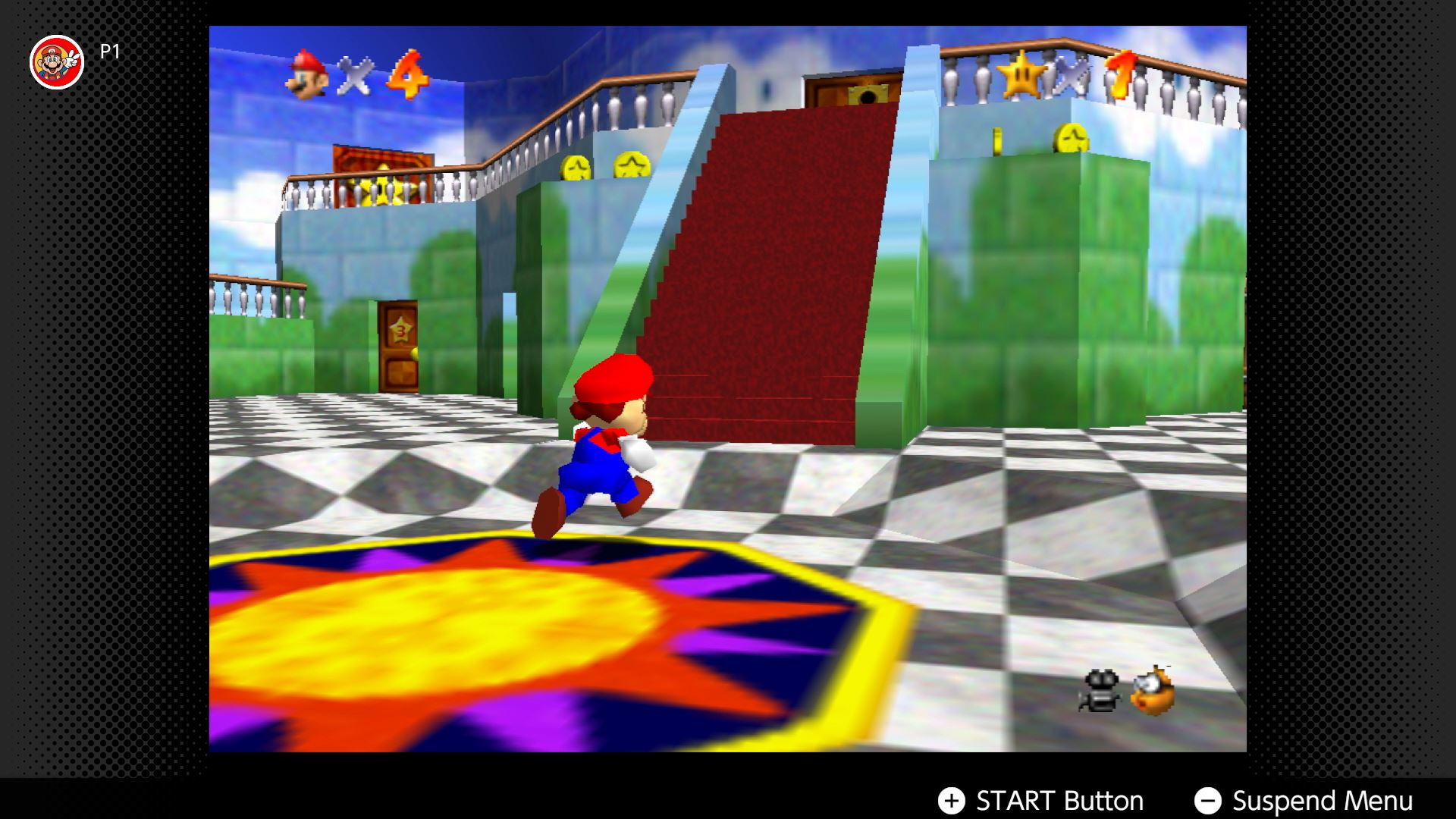
Nintendo 64 games don’t have rewind functionality, but save states do work. Since they are much larger than NES and SNES titles, saving and restoring checkpoints takes a bit longer. Super Mario 64 is a great candidate for save states, as it gets much more difficult without them (as is the case in the Super Mario 3D All-Stars version, which has no save states at all). The game has aged decently well in general, but one aspect of it that hasn’t is the camera. It’s incredibly finicky with its positioning, which can easily lead to scuffed jumps and lost progress. Wing Mario over the Rainbow, one of the later challenges, is particularly challenging without save states. Wing Mario’s controls are somewhat slippery and take a while to master. If you happen to fall, not only do you have to try again, but you have to climb all the way back up to the top floor of Peach’s Castle to access the stage again. That’s tough!
Game Boy and Game Boy Advance
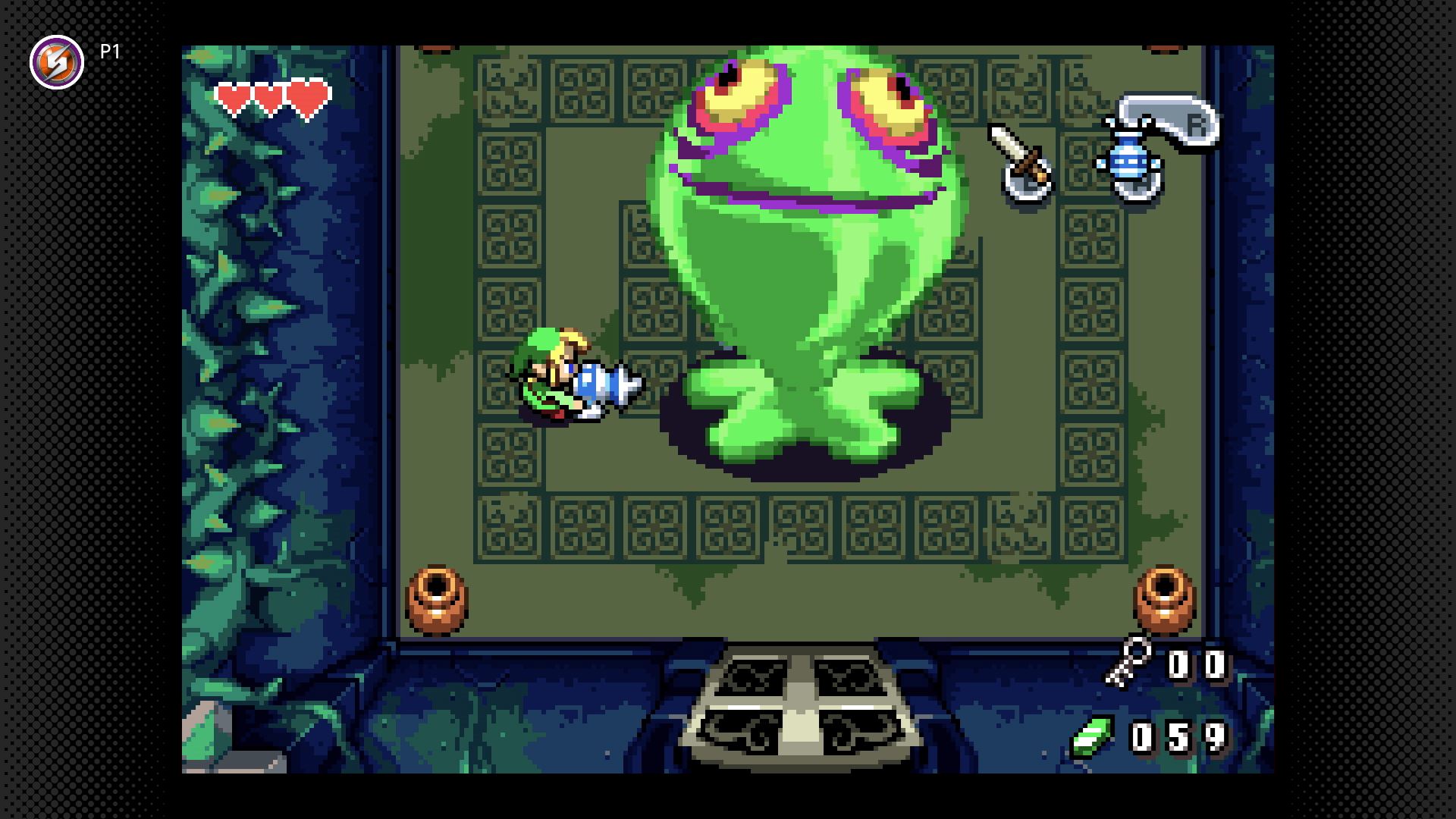
Both of these platforms, on the other hand, do have both save states and rewind functionality. The games on offer here are a little less challenging than the ones you see from the NES; Super Mario Land and Super Mario Land 2, for example, are relatively easy. Still, rewind is nice to correct simple mistakes. If you’re going for 100 percent completion on Kirby’s Dream Land 2, you’ll often have to take Copy Abilities and Animal Friend combinations into certain levels, and if you get hit you lose the Ability and have to try again. Rewind helps ease these frustrations, which can keep people playing a game that would otherwise (understandably) be too frustrating for them.
In the end, which play style do you prefer? Would you rather forgo save states altogether and journey through each game exactly as the developers intended? Or would you rather take a more casual approach, leisurely playing through a game and using all the tools at your disposal to easily correct your mistakes? Both are perfectly valid, and it’ll be interesting to see if we get save state or even rewind functionality if more platforms are ever added to Nintendo Switch Online. If for some reason GameCube games are ever made available (which doesn’t seem to be the case – Nintendo likes remastering them and selling them standalone), we think it’s unlikely that we get save states, and impossible that we get rewinding. If we get DS games, which is a realistic possibility at least for the next system, save states are most likely a lock. Rewinding, on the other hand, is unlikely in this case.
In either case, feel free to let us know how you prefer to play your Nintendo Switch Online games in the comments down below. The normal subscription includes NES, SNES, and Game Boy games, while the Expansion Pack adds Nintendo 64 and Game Boy Advance. More details here.
